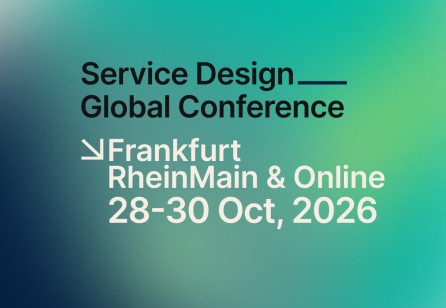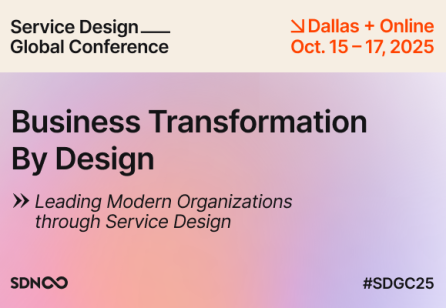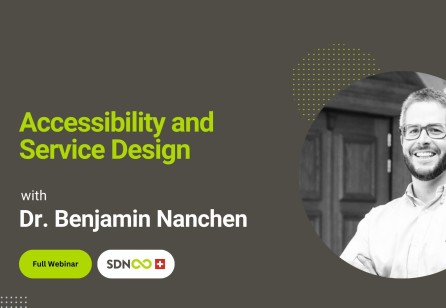On 8 January 2024, after more than six years of meticulous planning, development and testing, Astrobotic Technology launched their Peregrine lunar lander into space, with the aim of being the first American spacecraft to land on the moon since 1972. Seven hours after launch, a propellant leak was discovered, and the difficult decision was made to abandon the mission and allow Peregrine to burn up upon re-entry to Earth’s atmosphere. One week ago, a follow-up mission from Intuitive Machines did succeed in landing Odysseus on the moon’s surface. But in what was later attributed to both cutting corners and forgetting to unlock a laser’s physical safety switch, Odysseus touched down on its side, hampering its solar panels and communications, and causing the mission to be aborted.
What’s the connection to service design you ask? In both cases, despite the diligence of teams of professionals, the complex nature of their work and the challenge of aligning everything necessary to secure a successful launch, landing and start of operations nonetheless failed. In other words, failures of implementation. While one might challenge the comparison of service design to rocket science, implementation is nonetheless a perennial challenge for our field.
For us, implementation challenges can occur in many contexts. For external service design teams, the collaboration with the (client) organisation often ends with the delivery of a service strategy, encapsulated in artefacts such as personas, journey maps, high-fidelity prototypes and blueprints. But failures to adequately test and prototype, to account for organisational resistance or internal politics, or even misjudging end users or not planning for how new services slot into existing ecosystems, can all pose grave risks for successful implementation.
Despite having covered this topic once previously in these pages, we felt it was time to revisit it. Therefore, what you have in front of you is the most up-to-date thinking and guidance on achieving successful implementation of service design projects, all from experts within our community. I hope you are able to apply some of the learnings in the following pages to your own work, and that they help you achieve mission success.
To read the full issue as a digital and printed copy, please visit our page here











Share your thoughts
0 RepliesPlease login to comment